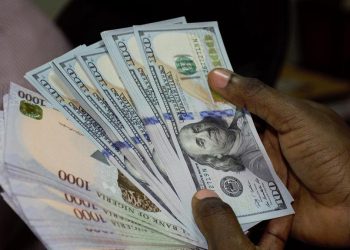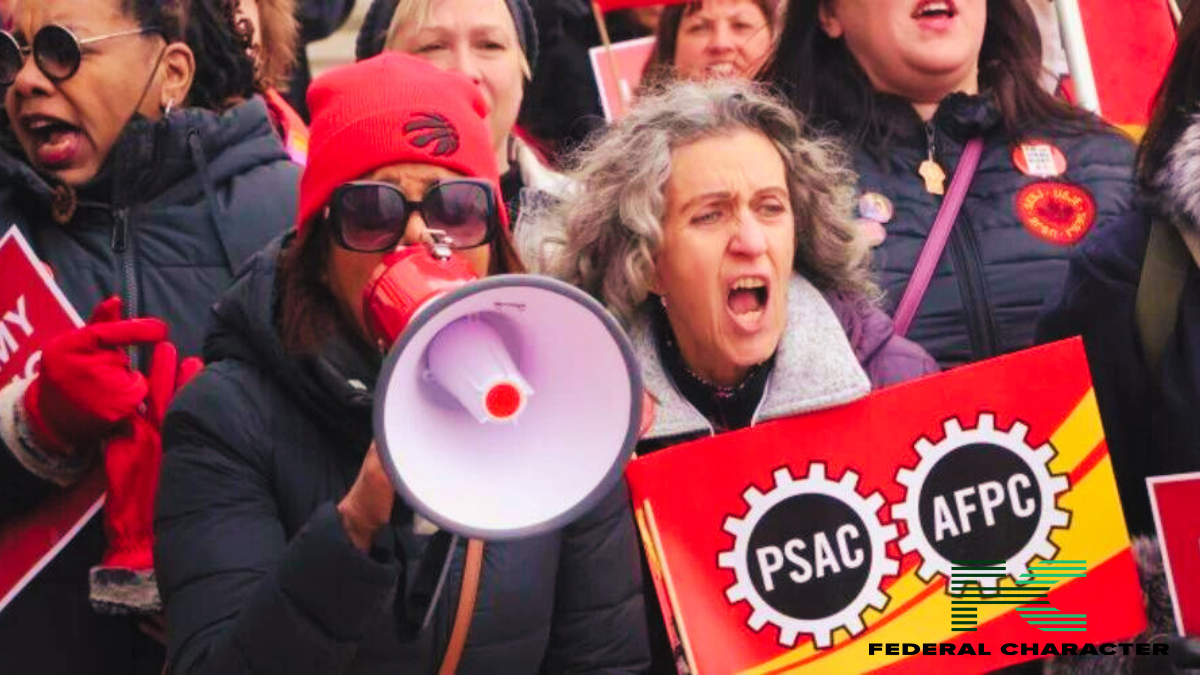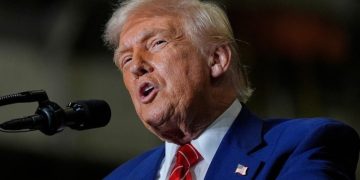Nigeria’s oil sector is under fire once again as lawmakers in the House of Representatives launch a new probe into long-standing issues affecting the downstream petroleum industry. The investigation, led by the House Committee on Petroleum Resources (Downstream), will look into refinery failures, controversial acquisitions, and market concerns raised by industry players.
The chairman of the committee, Ikenga Ugochinyere, made this known during a press conference in Abuja on Wednesday. He said the committee was determined to uncover the truth behind multiple problems plaguing the sector and restore confidence among stakeholders and investors.
“We are not out to protect anybody. If anybody is found to have been engaged in corrupt activities, the law should be allowed its course,” Ugochinyere said.
Refineries, Turnaround Maintenance, and the Dangote Question
The committee will focus on several key areas: the halted production of the Port Harcourt and Warri refineries, the process of turnaround maintenance, and the dominance of Dangote Refinery in the domestic market.

Ugochinyere described the situation as disturbing, especially after the initial fanfare that followed the reported revival of these refineries.
“After the hype around their resumption, it’s shocking that the refineries had to shut down again. Nigerians deserve an explanation,” he said.
Stakeholders, including oil marketers and refinery owners, have raised concerns about the alleged growing monopoly of Dangote Refinery in transportation and retail of petroleum products. Some fear that this could cripple investments by smaller players and damage Nigeria’s already fragile market competition.
Modular Refiners Say They Travel Abroad to Access Local Crude
Another key issue is the bottleneck faced by local and modular refineries in accessing crude oil. According to Ugochinyere, it is completely unacceptable that Nigerian refiners have to travel as far as Switzerland to negotiate access to crude that is extracted in Nigeria.
“We need to ask why local companies are being frustrated in their own country. These are serious questions and we must get honest answers,” he said.
He added that the committee has received several petitions from oil retailers and refinery operators, warning that certain policy directions could put their multi-billion-naira investments at risk.
OVH Acquisition Back on the Table as Petitions Flood In
The lawmakers have also reopened investigation into the controversial acquisition of OVH Energy by the Nigerian National Petroleum Company Limited (NNPCL). Ugochinyere confirmed that the earlier report on the matter was rejected by the House, and the committee has been asked to revisit it thoroughly.
In addition to complaints from industry stakeholders, the committee has also received concerns from NNPCL retail staff, who fear the acquisition may not have followed due process or served the best interest of the public.
Possible Changes to Petroleum Industry Act Underway
In what could be a major legislative move, Ugochinyere hinted that the House may soon propose amendments to the Petroleum Industry Act (PIA) to address emerging issues not covered by the current law.
He explained that the committee will identify all problematic areas and present them to the House for approval, especially those related to the powers of the Nigerian Midstream and Downstream Petroleum Regulatory Authority (NMDPRA).
“If the law is no longer working for the people, then we need to fix it. That is the duty of lawmakers,” he said.
Nigeria’s Oil Sector Under Fire as Lawmakers Launch Fresh Probe
As the probe continues, it’s clear that Nigeria’s oil sector is under fire not only from falling public confidence but from lawmakers who want answers. From refinery failures to monopoly concerns and unresolved acquisitions, the House Committee’s investigation is expected to open up long-ignored issues in the downstream petroleum industry.
The probe could also lead to changes in the law, fresh industry regulations, and potentially the exposure of corrupt practices.
“The oil sector has been in the news for all the wrong reasons. This time, we intend to get it right,” Ugochinyere said.

















